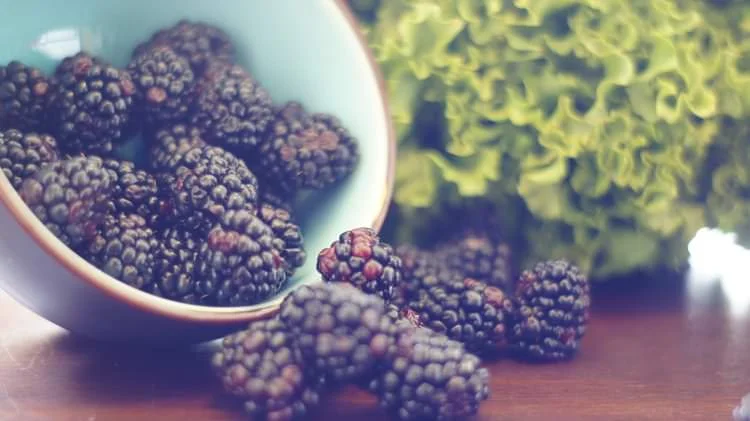World Sight Day is held on the second Thursday of October every year. This year, it falls on the 13th, so in honour of this, we’ve put together a list of some of the best foods you can eat to keep your eyes as healthy as possible.
Dark, leafy green vegetables
Most of these vegetables are filled with carotenoids like lutein & zeaxanthin, which are nutrients found in the retina. The retina is responsible for a large part of our overall vision, so it is crucial to make sure it has a hearty supply of nutrients. Kale & spinach are among the best of these leafy greens that you can eat, but these nutrients can be found in broccoli, Swiss chards, and Brussels sprouts.
Yellow, Orange, and Red Fruits
Despite the fact that they turn vegetables dark green, fruits that contain high amounts of lutein & zeaxanthin tend to be somewhere between yellow and red on the colour spectrum. In fact, going by colour is a pretty reliable way to judge which foods you should be eating. Raspberries, oranges, papaya, mangoes, strawberries; if it looks like it could be filled with lutein & zeaxanthin, it probably is!
Salmon is a good source of lutein & zeaxanthin, so even eating a regular, everyday dinner can have a positive effect on your eyesight. Farmed fish, however, are not a good source of these nutrients, so make sure that you are buying the real deal.
Other fish do not have such high concentrations of these nutrients, but the benefits of the omega 3 and fatty acids found in fish mean that anything from tuna to sardines can help keep your vision healthy.
Dark Berries
Once again, our new best friends lutein & zeaxanthin are here to help us out. Most dark berries such as blueberries, blackberries, and blackcurrants are a good choice to keep your eyes healthy. This is true of most dark berries, but as berries as a fruit can be quite difficult to cultivate, you’re best sticking to those mentioned above. But make sure not to fall into the trap of substituting actual berries for fruit juice. While this can be beneficial, many fruit juices have additives, or are stored for so long that the benefits of the fruit have all but disappeared by the time it’s in your hands. Stick to the stuff you know is fresh.
Olive Oil
Olive oil is a great source of monounsaturated fat, which is what most of us refer to as “good fat”. At the same time, it is free of trans fat, and has low levels of saturated fat, which means it benefits the heart as well as the eyes. Olive oil can be used both to prepare and serve a wide variety of meals, including some of the foods mentioned already. (And of course, it’s filled with lutein & zeaxanthin.)











